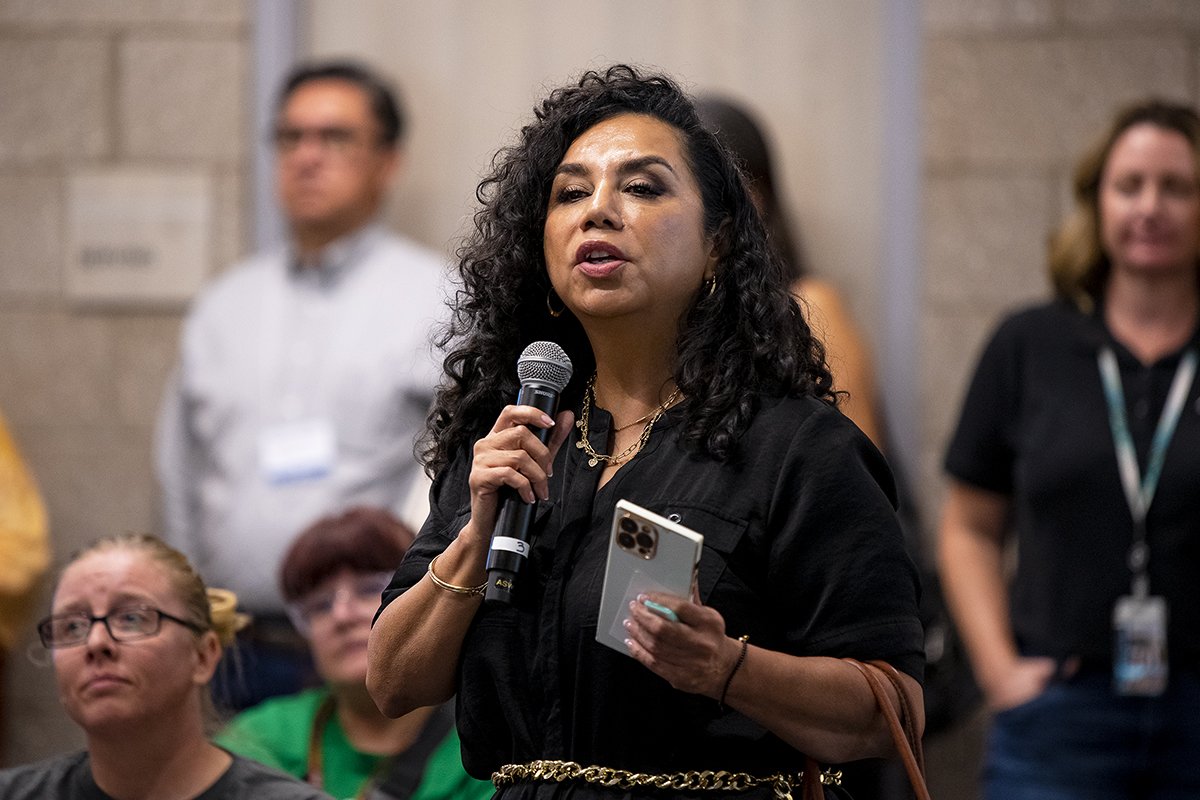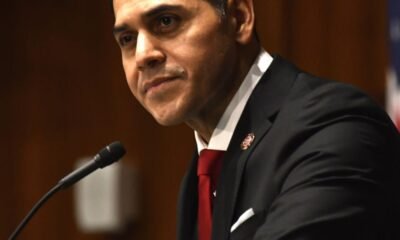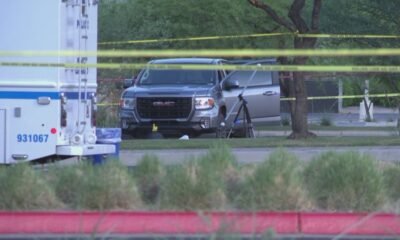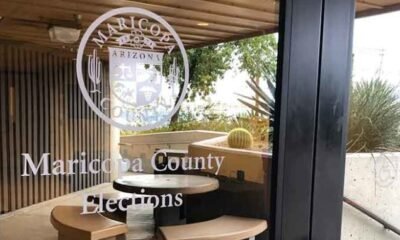Business
Rep. Martinez Demands Probe into Tourism Department’s Conflicts of Interest

State Representative Teresa Martinez (R-Casa Grande) has called for an investigation regarding potential conflicts of interest tied to Arizona Tourism Director Lisa Urias and several lucrative contracts awarded to her marketing agency.
In a press release, Martinez urged Arizona Attorney General Kris Mayes and Maricopa County Attorney Rachel Mitchell to explore contracts awarded to a marketing agency that Urias founded in 2006, as well as a relative connected to the current CEO of that firm.
Among the contracts in question is a $700,000 state rebranding project from Heart & Soul Marketing and a $250,000 non-competitive contract granted to Urias Communications by the Arizona Department of Education’s Office of Indian Education, as reported by the Arizona Agenda.
“The reported facts, if true, raise significant questions that must be immediately investigated,” Martinez stated. “Arizona’s conflict of interest laws are designed to prevent waste, fraud, and self-dealing by public officials.”
She also emphasized the importance of ethical behavior among government officials, saying, “All government officials must act responsibly, ethically, and transparently.”
The scrutiny of these contracts highlights close connections among the marketing firms involved. Although Urias Communications’ website does not currently list her, her LinkedIn profile identifies her as president and CEO until February 2023, when Jason Coochwytewa assumed the role.
Urias Communications was granted a five-year, $250,000 non-competitive contract with the tourism department in May, following more than a year after Urias took over as director. Despite still owning the company, she reportedly has no role in its daily operations, according to department communications director Josh Coddington.
In related findings, Heart & Soul Marketing employed Coochwytewa’s brother, Kevin, for the redesign of the state logo. He received $27,500 for this work, while additional funds were allocated to conduct 57 listening sessions across the state, both in-person and digital.


















